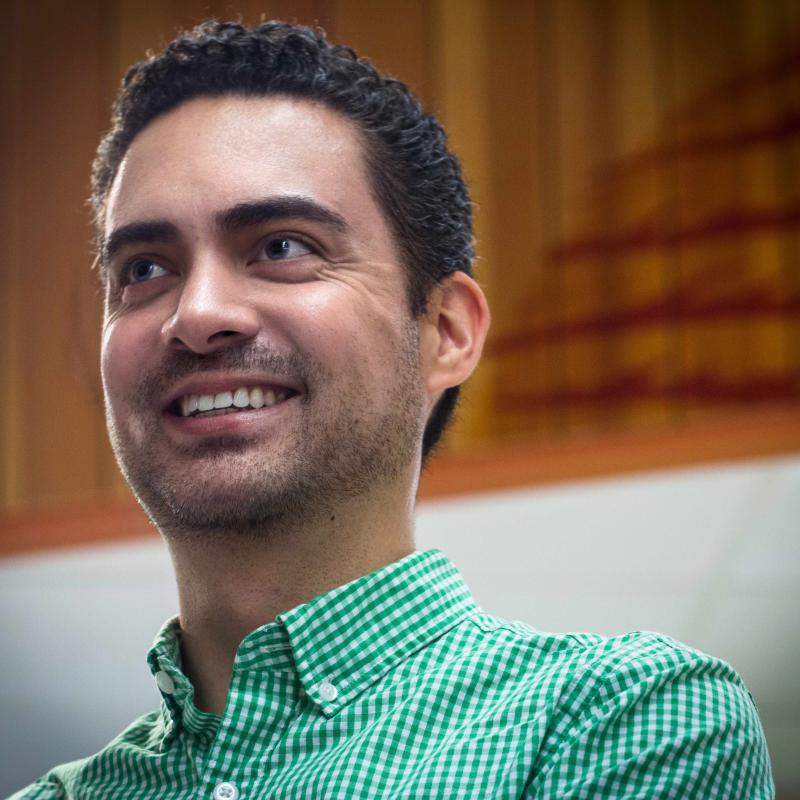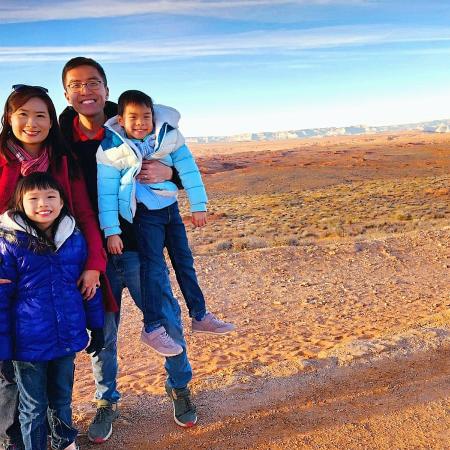
Kemi Oyewole
Kemi Oyewole left teaching in Boston public schools after seeing how her colleagues were often unable to meet students’ academic and social-emotional needs, despite extraordinary efforts. “There can be such discrepancies in children’s educational experiences, even within the same city or neighborhood,” says Oyewole, now a doctoral student at Stanford GSE. “It’s not fair to students, their families or our communities.”
Many young students face significant challenges even before entering the classroom, she says, including inadequate health care, housing, and access to healthy food, which impacts their ability to learn. Scarce school funding makes it hard to attract service providers, like nurses and social workers, to support students. Oyewole’s undergraduate experience at Spelman College, a historically Black institution committed to social justice, made it impossible for her to ignore these issues.
As a scholar, Oyewole uses a sociological approach to study the ways professionals are organized and prepared to address inequalities in education. Her research looks at the role of instructional coaches in K-12 schools, who team up with teachers to innovate and problem solve in the classroom. These educators bring an experienced, fresh perspective – but too often, she says, they’re pulled in many directions to fill gaps in staffing.
“I’ve seen how challenging the work of educational improvement can be,” says Oyewole, who is also pursuing the GSE’s new Certificate in Partnership Research through her work with an instructional coaching network in a local school district, where she collaborates with educators to explore the boundaries of school reform and professional development. Oyewole plans to teach at the university level after receiving her doctorate, helping to equip the next generation of teachers and researchers with the skills to make K-12 education more equitable.
Photo credit: Andrew Brodhead



